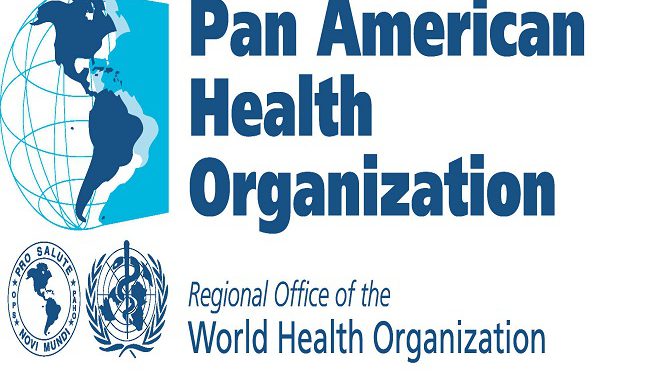Daily Summary
Geneva, 21 May 2018 (PAHO/WHO) –The 71st World Health Assembly
opened today in Switzerland, with a heavy agenda and commemorating the
70 years the World Health Organization (WHO) has been in existence.
In his plenary opening speech, the Director-General of WHO, Tedros
Adhanom Ghebreyesus, highlighted WHO’s new General Programme of Work
for the next five years. “[This] is not about reinventing the wheel. It’s about
making a bigger impact than we already make. It is ambitious, as it should be.
The vision set at our founding 70 years ago is not a modest vision. Our
Constitution is not a modest document,” Tedros said.
“The eradication of smallpox stands as one of the greatest achievements not
only in the history of WHO, but in the history of medicine. That’s what WHO is
capable of. This is an organization that changes the course of history,” the
Director-General said, listing all the actions taken by the organization in every
area, including emergencies, response to chronic diseases, and other issues.
He stressed the importance of having an impact where it counts the most: at
the country level.
In this context, Dr. Tedros called on the Member States to be proactive in
assuring “health for all,” the general subject of discussion selected for this
year’s World Health Assembly.
The president of Rwanda Paul Kagame was a special guest at the opening
session, where he referred to his country’s achievements in the area of
universal health coverage. “Achieving Universal Health Coverage is feasible
for countries at every income level,” he said.
At the same ceremony, Dr. Tedros and the head of state paid homage to
Carlos Urbani, a doctor who used to work for the World Health Organization,
who discovered SARS and passed away from the disease in 2003 when he
was treating patients.
See all speeches here: www.paho.org/ams71
The Region of the Americas calls for prioritizing universal health
coverage and access
When presenting the position of the Region of the Americas, the Canadian
Minister of Health Ginnette Petitpas Taylor said that universal health coverage
is one of the highest priorities for the countries she represents, and recalled
that it was the first region to approve a strategy on this subject, which sets
goals and addresses the challenges in each country. She recognized the
progress made in achieving universal health coverage and maintaining the
quality of services, and promised that the Americas would work with other
regions to share these experiences.
Petitpas Taylor also said that the region adopted a Sustainable Health
Agenda for the Americas 2030, based on the Sustainable Development
Goals. “This is a call to action that urges us to work together to achieve the
highest levels of health and wellbeing for our populations,” she explained.
However, she warned, current challenges must be recognized, one of which is
preventing a reemergence of diseases that have been eliminated, such as
measles. “Now more than ever, it is crucial to protect our populations from
preventable diseases, given the frequent movement of people throughout the
regions,” she said. The minister added that another challenge is addressing
the factors that lead to noncommunicable diseases, having access to highcost
medicines, and reducing maternal mortality. Petitpas stressed that all of
these elements are key to ensuring access to medicines.










